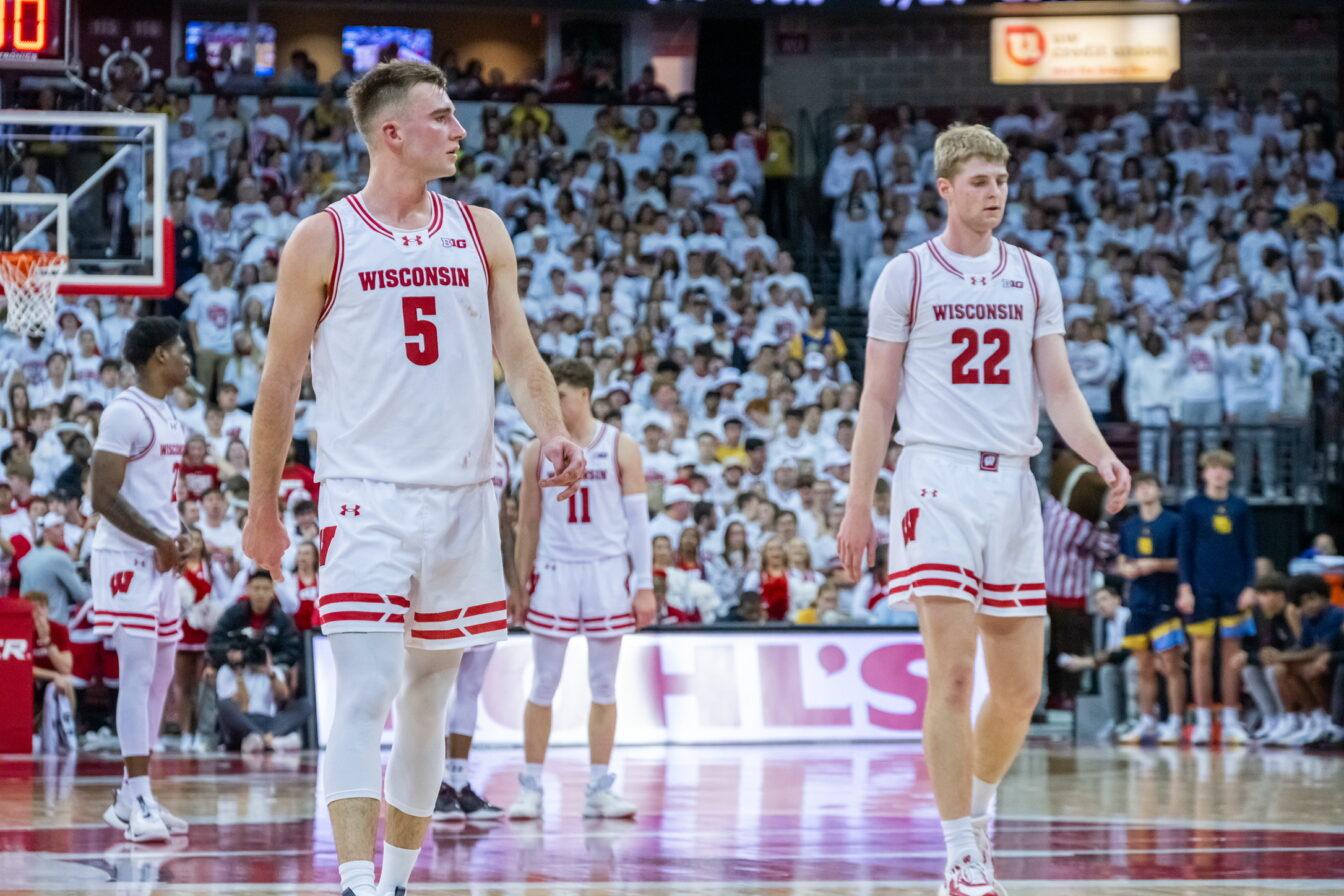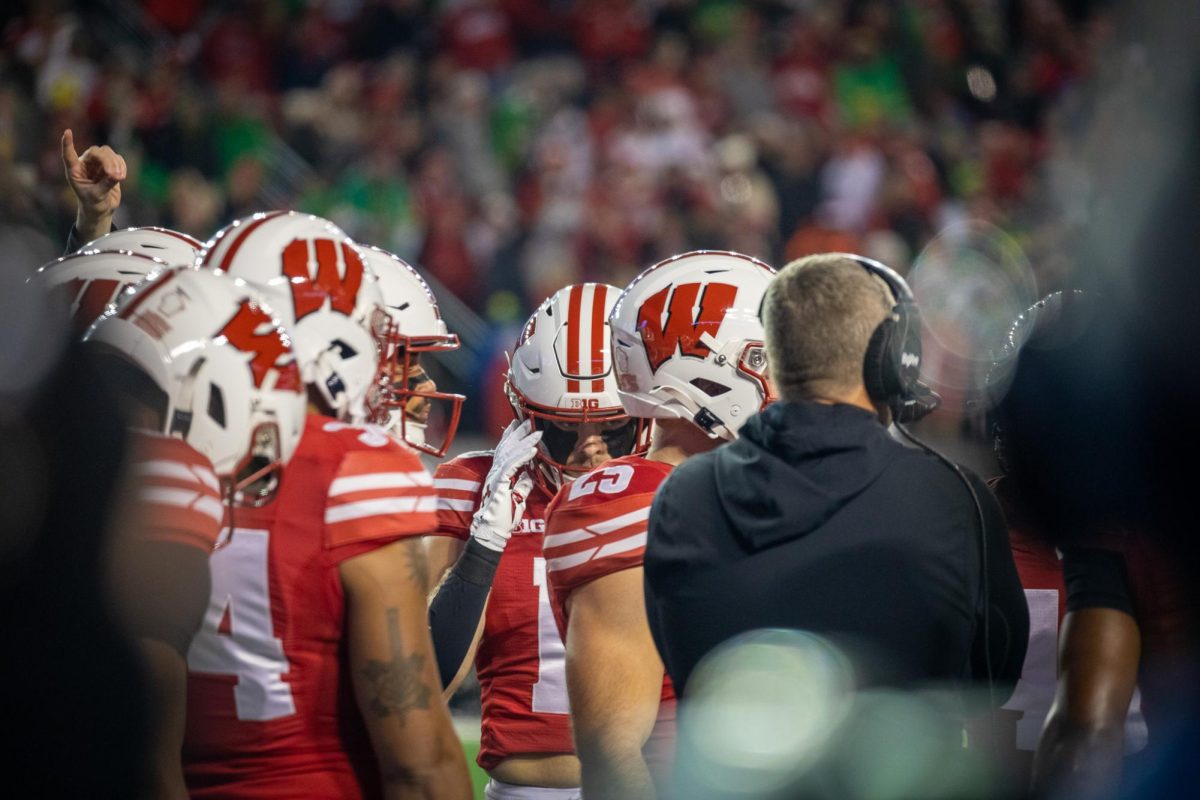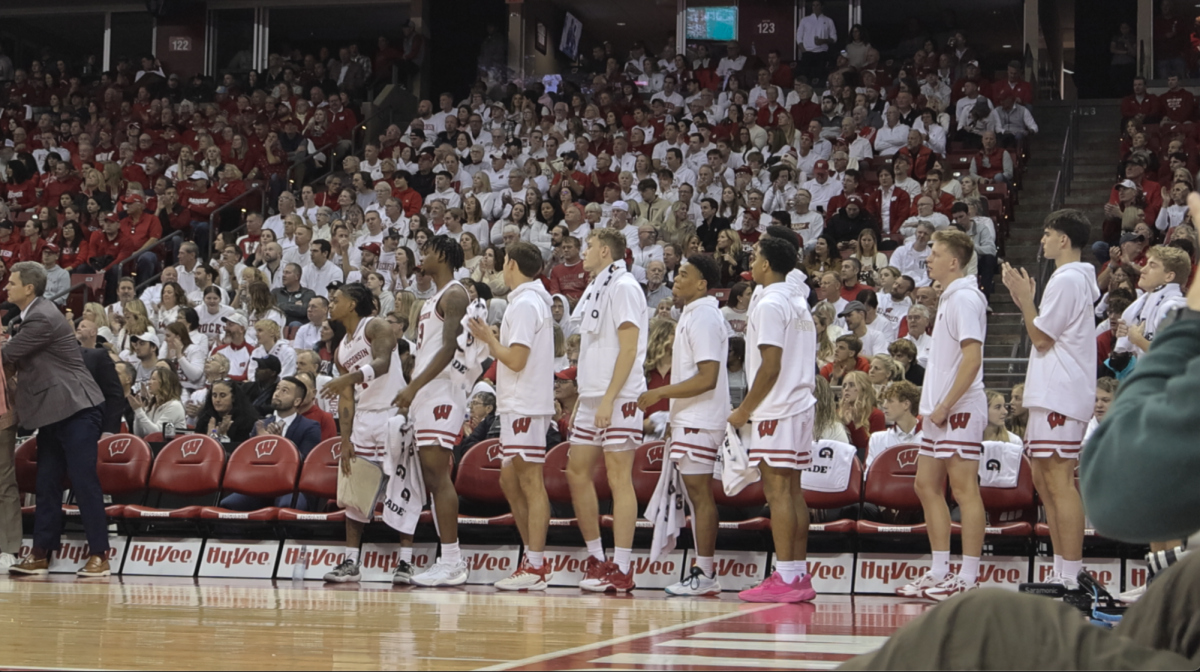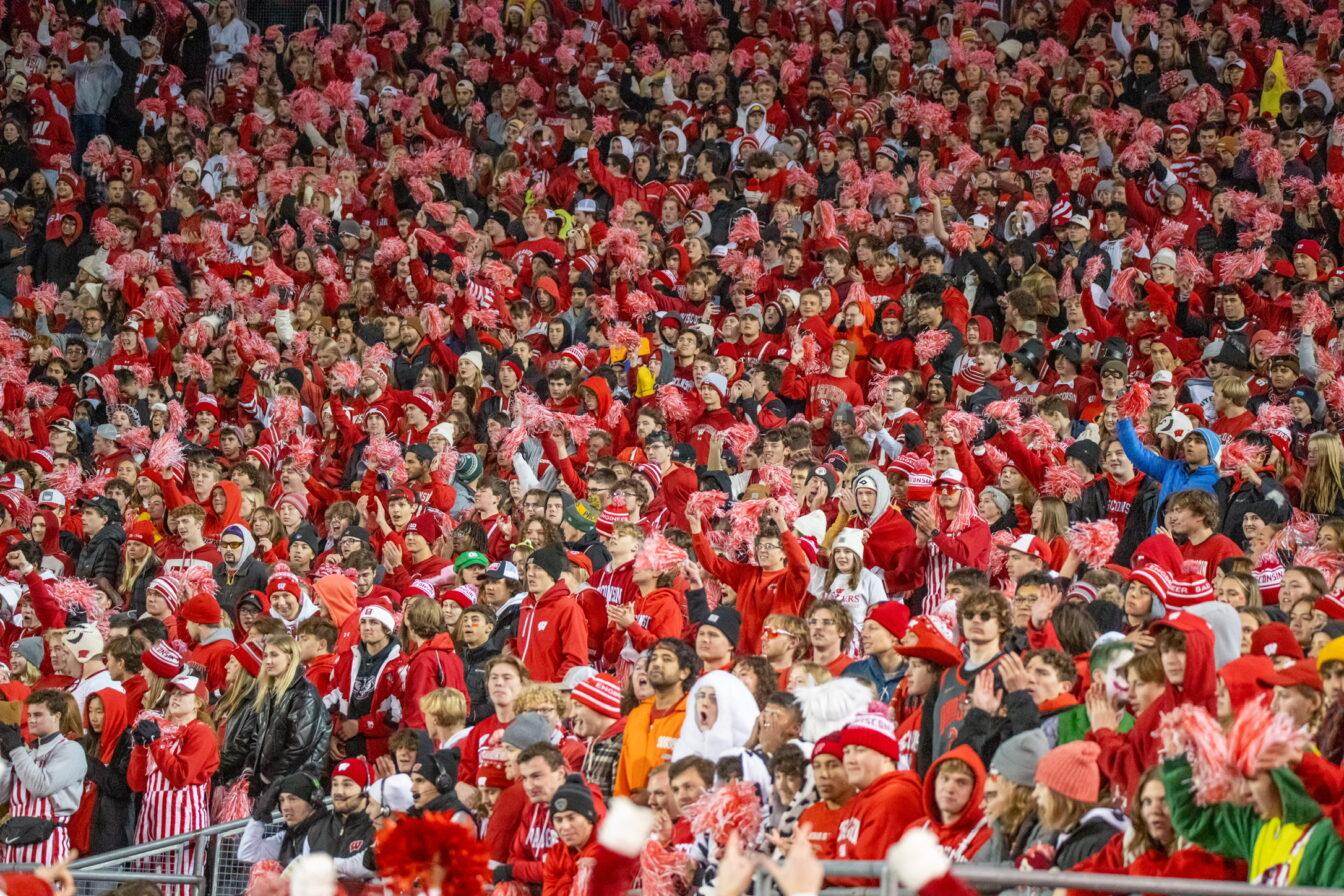Sports fans enjoy watching their favorite teams play. Sports fans have waited in line for days, sometimes weeks, for tickets. Some will watch an episode of SportsCenter even though they’ve seen the exact same one three times before.
But regardless of where they’re from or whom they root for, one thing all sports fans love to do is argue.
Whether it’s a dispute over who the American League MVP should be, who should start at quarterback or why the Tigers are so terrible, everyone seems to have an opinion.
However, when it comes to the argument over who the greatest running back of all-time is, I think there is little room for debate.
Although he never won a Super Bowl or even played in one, Barry Sanders is still the best tailback to ever play the game.
His 109 career touchdowns, 10 Pro Bowl selections and two MVP awards don’t even begin to describe the impact he had on the NFL over his 10-year career.
And that’s because Sanders’ greatness transcended sheer numbers, as he was not only the league’s most electrifying player but was also its most well respected.
He mixed his incredible talent with an equally impressive nature of humility: never once did Sanders spike a ball, do an end zone dance or taunt an opposing player.
Sanders had class, and his play was in a class of its own.
If Dominique Wilkens is the NBA’s “human highlight film,” Barry could appropriately be dubbed as the NFL’s.
He had a breath-taking run in virtually every game he played, leaving would-be tacklers grasping for air in his wake.
Although his highlight tape is probably longer than the Civil War documentaries we had to sit through in high school, one play in particular sticks out in my mind when I think of the Lions’ all-time career-rushing leader.
In a game against Chicago, Barry ran a standard sweep towards the right sideline, only to be met by a horde of Bear defenders. The play had been snuffed out and was over before it started; seemingly every guy on Chicago’s team was on Sanders, including the water boy. But Barry somehow miraculously slipped out of the pile, ran to the opposite sideline and broke off a huge run.
Sans the Michael Vick scamper against the Vikings last year, it is hands-down the greatest football play I’ve ever seen.
Barry’s classy demeanor and highlights aside, though, he is still the best player to ever receive a handoff.
Some may try making a case for 14-year veteran Emmitt Smith. While Smith may own a few Super Bowl rings and the all-time career-rushing mark, because of the supporting cast he had throughout his career I don’t think he stacks up against Sanders.
And Smith’s career-rushing record, albeit impressive, would belong to Barry had he not retired in his prime, as Sanders was just 1,458 yards shy of former leader Walter Payton when he decided to hang up his cleats.
So what about Payton?
Okay, I would sooner accept an argument for “Sweetness,” but I still discount him as “the greatest ever” for the same reasons as Smith; the ’85 Bears are arguably the best team in the history of the NFL. So, while Payton was truly an awesome talent, the Super Bowl ring may have been won without him. And in my opinion, that’s the only thing Payton has on Sanders.
Actually, Payton himself once conceded that Barry was the better running back, stating: “He (Sanders) is better than I ever was.”
Payton passed away Nov. 1, 1999, and many believe Barry retired out of respect for the Bears’ retired All-Pro running back, as he would have likely broken Payton’s rushing record the following season.
Other than Smith and Payton, arguments could also potentially be made for Gale Sayers, Jim Brown and O.J. Simpson. Although great players in their own right, I still think Sanders is the better back — if for no other reason, because of his numbers alone.
Among other things, Barry holds the all-time NFL record for consecutive 1,000-yard seasons (10), the all-time single-season record for 100-yard rushing games (14 in 1997) and is one of three players to rush for more than 2,000 yards in a season (2,053 in 1997).
The guy was truly amazing.
And that’s why even four years after his retirement, the 35 year old would still be a welcomed addition to pretty much any team in the league.
So, while his initials may be B.S., his game was anything but.







